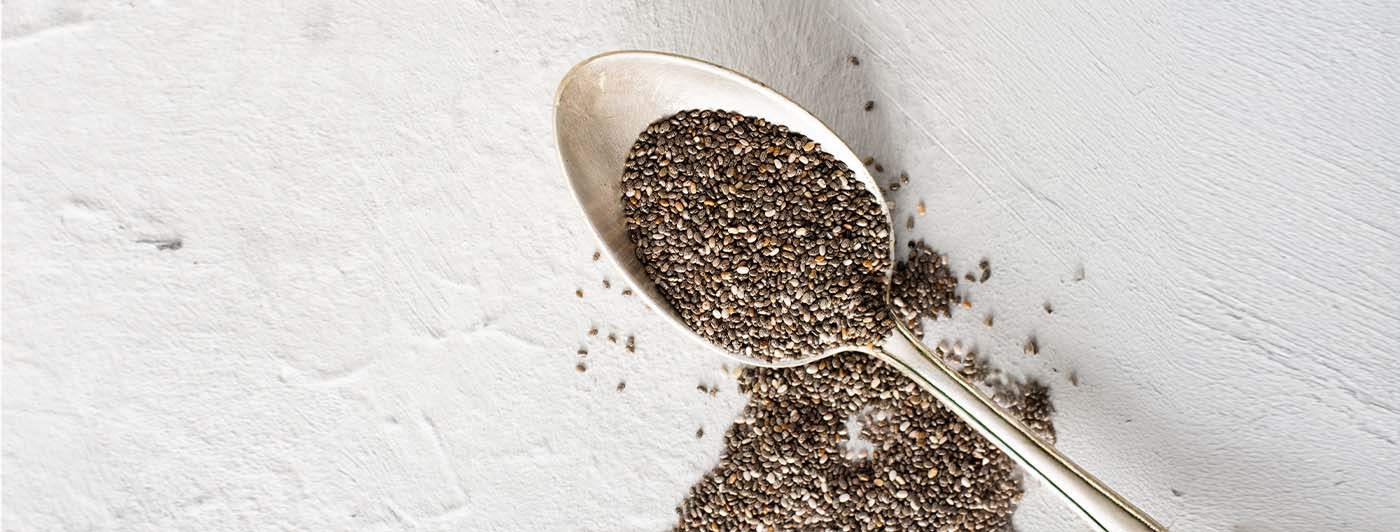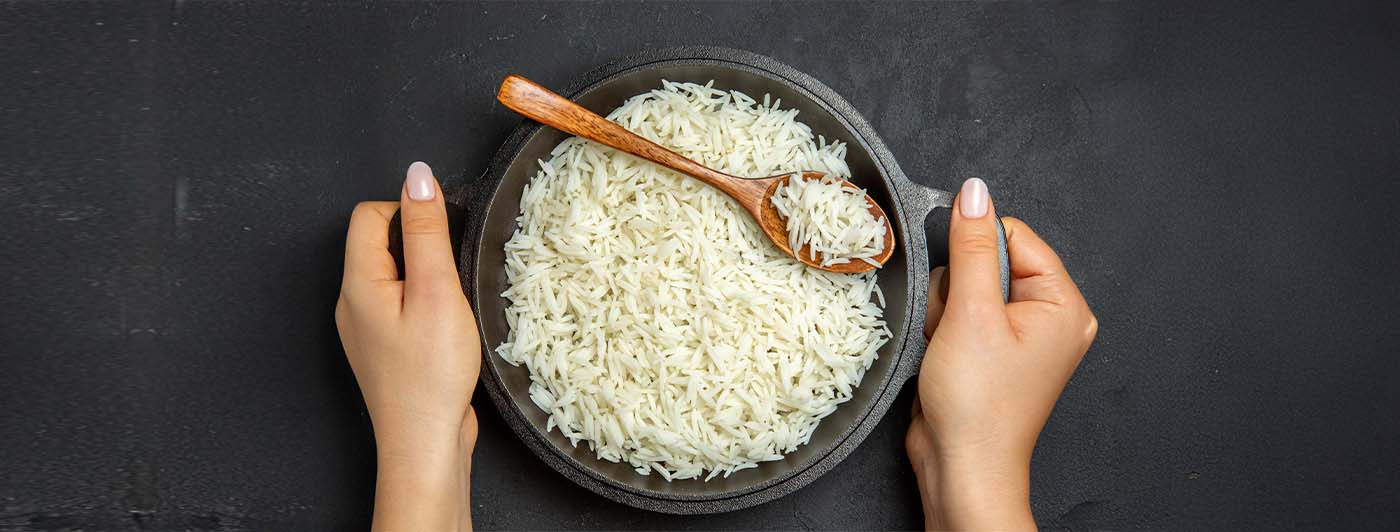Can one teaspoon really upgrade your nutrition? Surprisingly, yes. When it comes to protein, small steps can lead to big wins—and 1 teaspoon chia seeds protein is one of the simplest, most powerful habits you can build.
This tiny spoonful is a rich source of complete plant protein, perfect for anyone following a vegetarian or plant-based diet. It supports muscle repair, satiety, and energy—all without processed powders or complex recipes.
In this article, we’ll explore five easy ways to use chia seeds to boost your protein intake naturally, plus science-backed benefits, smart pairings, and answers to common questions about plant-based nutrition.
What’s Inside 1 Teaspoon Chia Seeds Protein?
Don’t let the size fool you—1 teaspoon chia seeds protein packs more than just a little punch. That single teaspoon delivers about 2 grams of complete protein, which means it contains all nine essential amino acids your body cannot produce itself. It’s also rich in omega‑3 fatty acids, fiber, calcium, magnesium, and antioxidants. Especially for those following plant‑based or vegetarian diets, this is a clever, low-effort way to supplement your protein intake in a nutrient‑dense, whole‑food form.
In fact, a 2024 meta-analysis found that chia seed supplementation significantly improved key health markers like LDL cholesterol, blood pressure, and blood sugar regulation—confirming that even small daily amounts can lead to long-term benefits. Incorporating 1 teaspoon chia seeds protein regularly supports steady energy, muscle maintenance, satiety, and overall wellness—making it a small but mighty habit with science-backed impact.
1. Stir Into Morning Smoothies
One of the simplest ways to add 1 teaspoon chia seeds protein to your day is by blending it into your morning smoothie. Chia seeds have a neutral flavor but a powerful nutritional profile.
Bonus Tip: Let the smoothie sit for 5–10 minutes after blending to allow the chia seeds to swell slightly, making the drink more filling. This can be particularly effective if you're also using pea protein powder for a protein boost without dairy.
Smoothies also pair well with other superfoods like moringa seeds, which can be added as a powder or soaked overnight for better absorption.
2. Sprinkle Over Breakfast Bowls
Whether you eat oatmeal, yogurt, or a fruit bowl in the morning, sprinkling a teaspoon of chia seeds adds an instant protein boost without altering the flavor.
Try a bowl of oats with banana slices, almond butter, and 1 teaspoon chia seeds protein. The fiber in chia slows down digestion, making it a great option for sustained energy. And if you're interested in weight loss or belly fat reduction, this combo keeps you full longer—often better than most trendy drinks to reduce belly fat.
3. Mix Into Homemade Energy Bites
No-bake energy bites made with dates, nuts, and seeds are not only delicious but can be customized to your needs. Add 1 teaspoon chia seeds protein to each batch, and you’ll have a portable snack that supports your daily intake.
These bites also allow room for creatine rich foods like almonds and pumpkin seeds (yes, certain plant foods contain creatine in trace amounts), along with other plant protein sources like hemp hearts and sunflower seeds.
Tip: Chia seeds are especially effective when combined with nuts like groundnut vs peanut—which are essentially the same but go by different names in different regions. Peanuts offer great protein content, and when paired with chia, they make an ideal snack for active lifestyles.
4. Add to Soups and Stews as a Thickener
Chia seeds absorb water and turn gelatinous—this makes them a unique, nutrition-rich thickening agent for soups and stews. A teaspoon stirred into a vegetable broth or lentil soup not only boosts 1 teaspoon chia seeds protein content but also adds dietary fiber and omega-3s.
For vegetarians, this is a clever way to sneak in zinc rich foods for vegetarians like lentils, chickpeas, and pumpkin seeds alongside chia seeds. It’s a powerful immunity combo, especially in colder months or during flu season.
5. Bake into Muffins and Breads
Replace some of the flour or eggs in baking recipes with chia gel (1 teaspoon chia seeds soaked in 3 teaspoons water for 10 minutes). This is a popular vegan baking trick and a sneaky way to increase 1 teaspoon chia seeds protein content in snacks for the whole family.
From banana bread to savory muffins, this method offers texture and nutrition. It’s particularly beneficial for women—thanks to the wide-ranging chia seeds benefits for females, including hormone balance, bone health, and digestive support.
For those looking to bulk up or recover after workouts, you can even pair chia-enriched baked goods with high-calorie fruits. Wondering which fruit is good for weight gain? Avocados, bananas, and mangoes top the list—pair them with a chia-packed muffin for a nourishing bite.
Protein Pairings: Make Every Spoonful Count
While 2 grams from 1 teaspoon chia seeds protein may seem small, it adds up over time and complements other plant proteins beautifully.
Here’s how it stacks up:
|
Source |
Protein (per 1 tsp) |
|
Chia Seeds |
2g |
|
Hemp Seeds |
3.2g |
|
Flaxseeds |
1.3g |
|
Almond Butter |
1g |
You can also use tools like a protein intake calculator to track your overall daily protein requirements. For many people, small additions like chia seeds can help bridge the gap between actual and ideal intake, especially on plant-based diets. Whether used alone or in combination with a plant based protein powder, chia helps round out the amino acid profile.
Beyond Protein: The Other Superpowers of Chia
Here’s what you get in addition to 1 teaspoon chia seeds protein:

-
Fiber for Digestion: Supports gut health and keeps you full
-
Omega-3s for Heart Health: Plant-based ALA supports lower cholesterol
-
Antioxidants: Protect cells from oxidative stress
-
Hormonal Balance for Women: One of the lesser-known chia seeds benefits for females
-
Bone Strength: Thanks to calcium, magnesium, and phosphorus
-
Blood Sugar Control: Slows down carb absorption, helpful for diabetics
Chia seeds also play a role in managing cravings, improving skin health, and promoting satiety—which can indirectly help with drinks to reduce belly fat or overall calorie management.
How to Store Chia Seeds
To preserve freshness and nutrient integrity:
-
Store in an airtight container
-
Keep in a cool, dry place, away from direct light
-
Optional: Refrigerate for extended shelf life
Keep a small jar on your kitchen counter or breakfast shelf as a daily reminder to include 1 teaspoon chia seeds protein into your meals.
Final Thoughts
In a world flooded with complicated health trends, 1 teaspoon chia seeds protein offers a refreshingly simple and effective strategy. No cooking, no prep, no expensive equipment—just a small scoop added to your daily routine. Behind that simplicity lies real nutritional power: from boosting your plant protein intake and aiding digestion to supporting heart and bone health, this one teaspoon helps anchor a healthier, more intentional lifestyle.
Whether you're a busy professional, an athlete, a parent, or someone just beginning their wellness journey, building this micro-habit can lead to macro results. And if you’re ready to take your nutrition to the next level, pair it with clean, high-quality options like Plantigo plant protein for a well-rounded, plant-based approach.
Start today. One teaspoon at a time. Because your healthiest self doesn’t need complexity—just consistency.
Frequently Asked Questions (FAQs)
Q1: Can I rely solely on chia seeds for my protein needs?
Not entirely. While 1 teaspoon chia seeds protein helps, you’d need large quantities to meet your total daily requirement. Instead, use it as a booster in combination with other plant proteins like legumes, tofu, or plant based protein powder.
Q2: Which fruit is good for weight gain?
Fruits like bananas, mangoes, avocados, and dates are high in calories and healthy fats/carbs. Combine these with 1 teaspoon chia seeds protein in a smoothie for a muscle-building, weight-gain-friendly meal.
Q3: How do I know how much protein I need daily?
Use a protein intake calculator based on your body weight, age, and activity level. An active adult may need 1.2–2.0g of protein per kg of body weight daily. Chia can help close that gap.
Q4: Are there side effects to eating chia seeds every day?
Not usually. However, if you’re new to fiber-rich foods, start with half a teaspoon and work your way up. Drink plenty of water with chia to avoid bloating or constipation.












